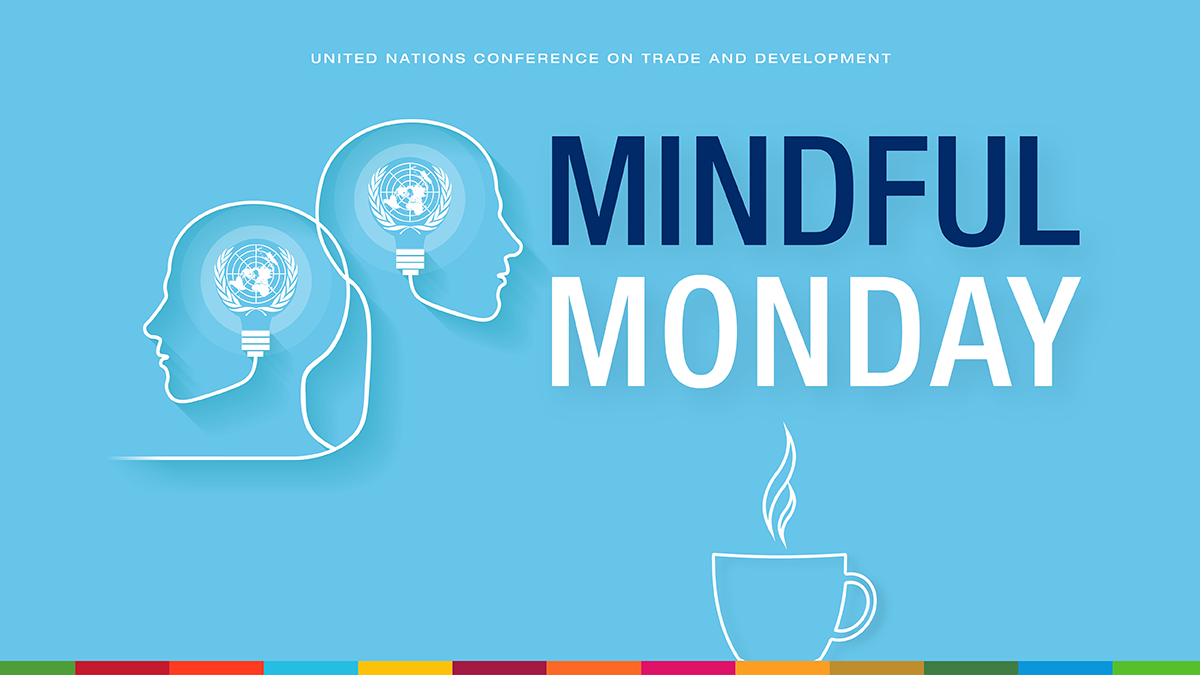By Isabelle Durant, Acting Secretary-General of UNCTAD

Disadvantaged consumers are struggling to pay for basic utilities in the wake of job losses and reduced incomes caused by the COVID-19 pandemic. The health crisis has put vulnerable consumers in a more precarious situation, leaving them unable to pay for essential household expenses. Such consumers include poorer people, the sick, the elderly, people with disabilities, rural dwellers, and those with limited access to essential services such as energy and the internet.
According to an UNCTAD report, the pandemic pushed between 119 and 124 million people into extreme poverty in 2020, with an additional 143 to 163 million people expected to follow in 2021.
A wave of solidarity
“In the last year we have witnessed a wave of global solidarity among governments to protect consumers from becoming ever-more vulnerable,” said Teresa Moreira, head of competition and consumer policies at UNCTAD. “Ensuring access and inclusion in public utilities has been a priority for all.”
Government support measures include financial assistance to vulnerable households to pay their public utility bills and moratoria for providers to recover disadvantaged consumers’ debts. Authorities have also banned the disconnection of electricity, gas and water supplies to the neediest.
Ms. Moreira said vulnerable consumers’ needs can only be adequately addressed through a suitable legal framework containing principles and obligations for public utilities service providers, such as universality, regularity, quality and affordability.
Beckoning the private sector
“Governments have a major responsibility to help vulnerable and disadvantaged consumers,” said Helena Leurent, director general of Consumers International. “But civil society and business must also do their share in building an inclusive and coherent environment that integrates support for these consumers across multiple sectors.”
The United Nations guidelines for consumer protection recommend good business practices that should be considered by public service providers at all times, especially when dealing with vulnerable and disadvantaged consumers.
Way forward
UNCTAD urged governments to take three key actions to meet the needs of vulnerable consumers of public utilities:
- Engage in public policy discussions with all relevant stakeholders, including consumer and business organizations and research institutions, to identify the needs of vulnerable and disadvantaged consumers, avoiding one-size-fits-all approaches.
- Enact substantive legislation containing the rights of consumers and the obligations of public utilities service providers, considering the special needs of vulnerable and disadvantaged consumers.
- Regularly review and evaluate the impact and effectiveness of policy programmes to ensure the needs of vulnerable and disadvantaged consumers regarding public utilities are being met.
Contact person: Isabelle Valentiny, Chief of Staff, a.i. : isabelle.valentiny@un.org


